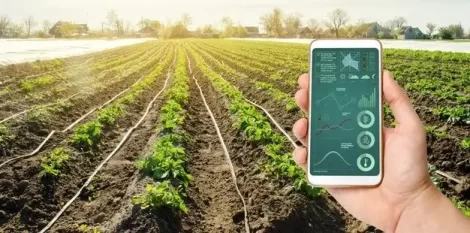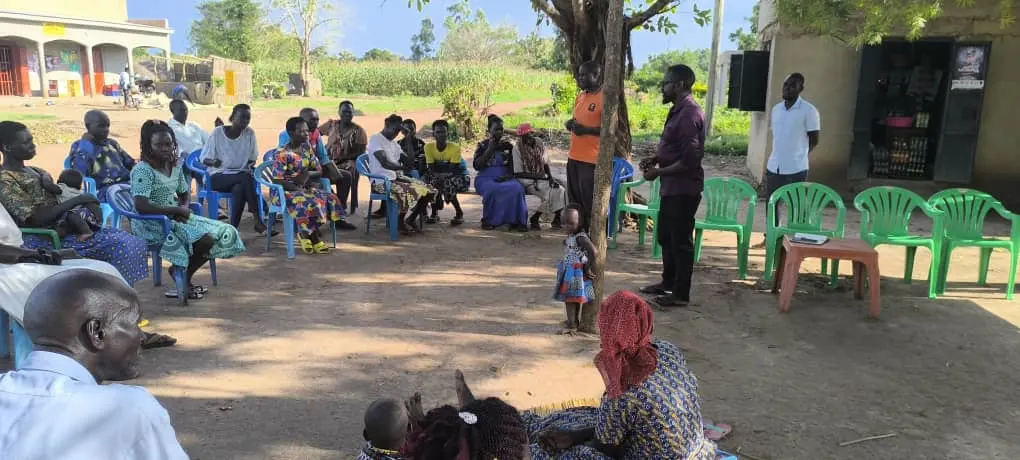Climate change poses significant challenges to agriculture, impacting crop yields, water availability, and livelihoods of farmers around the world. In Uganda, where agriculture is a key economic activity, the effects of climate change are particularly pronounced. To address these challenges, Agrosahas International PVT LTD has been at the forefront of promoting climate-smart agriculture (CSA) solutions. In this blog post, we’ll explore the adaptation strategies for climate-resilient agriculture and how Agrosahas is helping farmers in Uganda mitigate the impacts of climate change while enhancing their income.
What Are the Adaptation Strategies for Climate Resilient Agriculture?
Adaptation strategies for climate-resilient agriculture involve implementing practices and technologies that help farmers cope with the impacts of climate change. These strategies include:
- Diversification of crops: Growing a variety of crops that are resilient to extreme weather conditions can help mitigate the risks associated with climate change.
- Conservation agriculture: Adopting conservation agriculture practices such as minimum tillage, crop rotation, and soil conservation measures can improve soil health and water retention, making farms more resilient to climate variability.
- Water management techniques: Implementing efficient irrigation systems, rainwater harvesting, and water-saving technologies can help farmers manage water resources more effectively in the face of changing climate patterns.
- Agroforestry: Integrating trees and shrubs into agricultural landscapes can provide additional income streams, improve soil fertility, and enhance ecosystem resilience to climate change.
- Climate-resilient crop varieties: Planting crop varieties that are adapted to local climatic conditions and more tolerant to heat, drought, and pests can help ensure stable yields in changing environmental conditions.

What Is Climate-Smart Agriculture Adaptation?
Climate-smart agriculture adaptation refers to the adoption of agricultural practices and technologies that enhance productivity, resilience, and sustainability in the face of climate change. It involves integrating climate change considerations into agricultural planning, decision-making, and implementation to minimize risks and maximize opportunities. Climate-smart agriculture adaptation aims to build the resilience of farming systems, improve food security, and mitigate greenhouse gas emissions.
What Is Climate-Smart Agriculture Strategy in Uganda?
In Uganda, the climate-smart agriculture strategy focuses on promoting practices that enhance the adaptive capacity of farmers, increase agricultural productivity, and reduce greenhouse gas emissions.
Key components of the strategy include:
- Promoting climate-resilient crop varieties and livestock breeds.
- Supporting sustainable land and water management practices.
- Enhancing access to climate information and early warning systems.
- Strengthening farmer capacity building and extension services.
- Facilitating market access and value chain development for climate-smart agricultural products. Agrosahas is actively involved in implementing these strategies, working closely with farmers, government agencies, and development partners to promote climate-smart agriculture across Uganda.

Does the Adoption of Climate-Smart Agricultural Practices Impact Farmers’ Income? Evidence from Uganda
Yes, the adoption of climate-smart agricultural practices has been shown to have a positive impact on farmers’ income in Uganda. Studies have found that farmers who adopt climate-smart practices such as agroforestry, conservation agriculture, and improved water management techniques experience higher yields, increased resilience to climate shocks, and improved livelihoods. By diversifying their income sources, reducing production risks, and accessing new markets for climate-smart products, farmers can enhance their income and improve their overall well-being.
Conclusion:
Climate change poses significant challenges to agriculture, but with the right adaptation strategies and technologies, farmers can mitigate its impacts and build resilience. Agrosahas International PVT LTD is committed to promoting climate-smart agriculture solutions in Uganda, helping farmers adapt to changing environmental conditions while improving their income and livelihoods. By integrating climate-resilient practices into agricultural systems and supporting farmer capacity building, Agrosahas is contributing to a more sustainable and resilient agricultural sector in Uganda.




